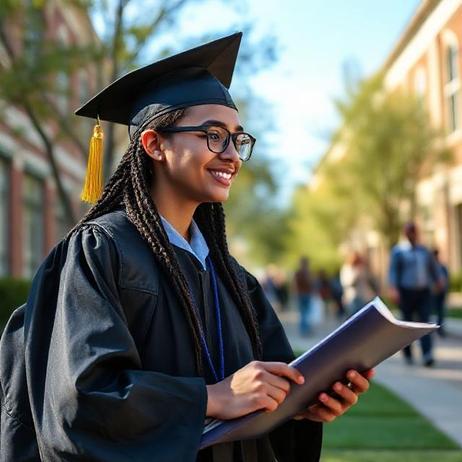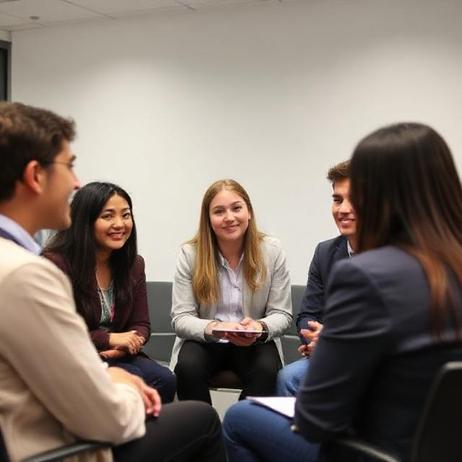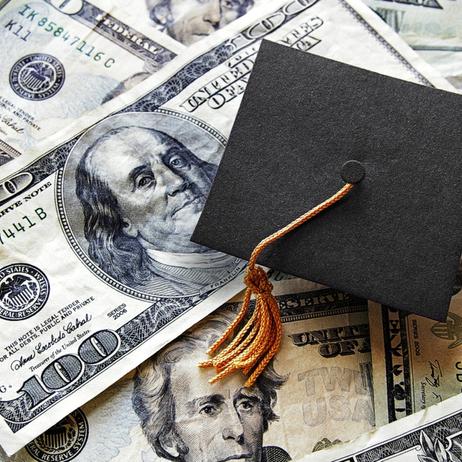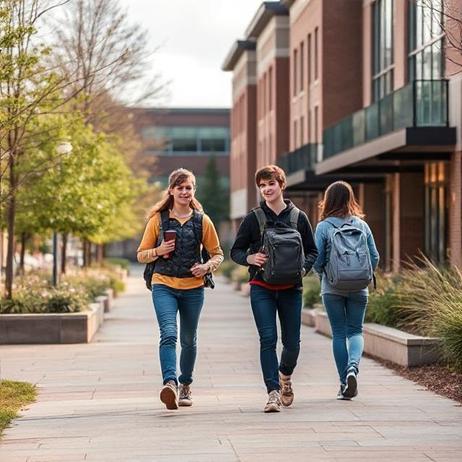Evolving Post-Graduation Pathways for Private School Graduates Introduction
Families exploring private elementary, middle, and high schools increasingly want to understand how these schools prepare students for life after graduation. The traditional assumption that most private school seniors proceed directly into four-year colleges still holds for many, yet the landscape has become more varied, more intentional, and more individualized than it was even a decade ago.
This article examines how post-secondary planning is shifting for private school graduates, what is driving these changes, and how families can evaluate private schools based on the quality of their college counseling, preparation, and long-term educational guidance. It also offers practical recommendations for parents and educators as they help students chart purposeful pathways toward higher education.
Understanding the Shift
Private schools have long emphasized preparation for four-year colleges. Their rigorous academics, advisory systems, and counseling resources position graduates strongly for selective admissions. Yet in recent years, counselors report that students and families are reconsidering timelines, financial goals, and academic pathways. The result is a broader, more flexible approach to the college journey.
The shift is not away from college, but toward more personalized planning. Students are increasingly taking into account cost, readiness, mental health, academic fit, and long-term goals. As early as ninth grade, families are asking questions about pacing, preparedness, and alternative routes that support both academic and personal development.
What Is Driving the Change? 1. Cost and Value


























